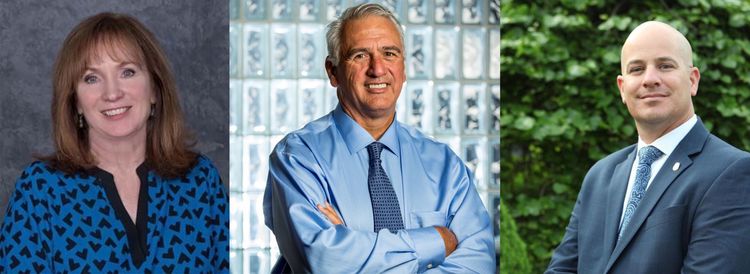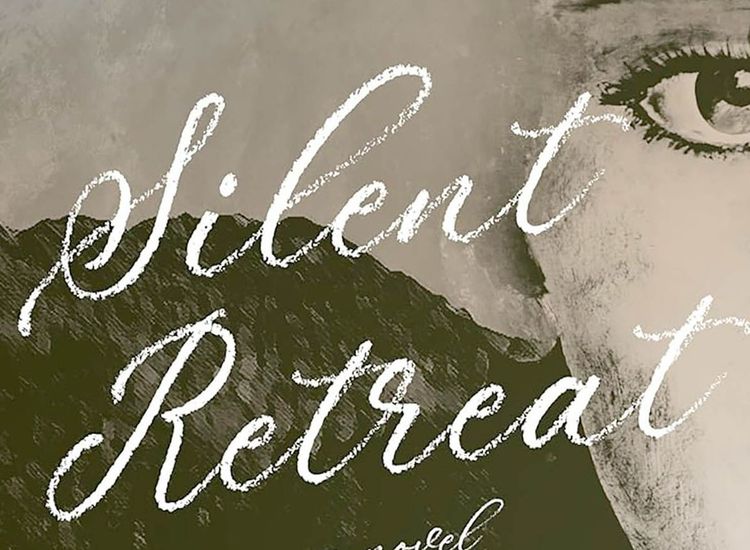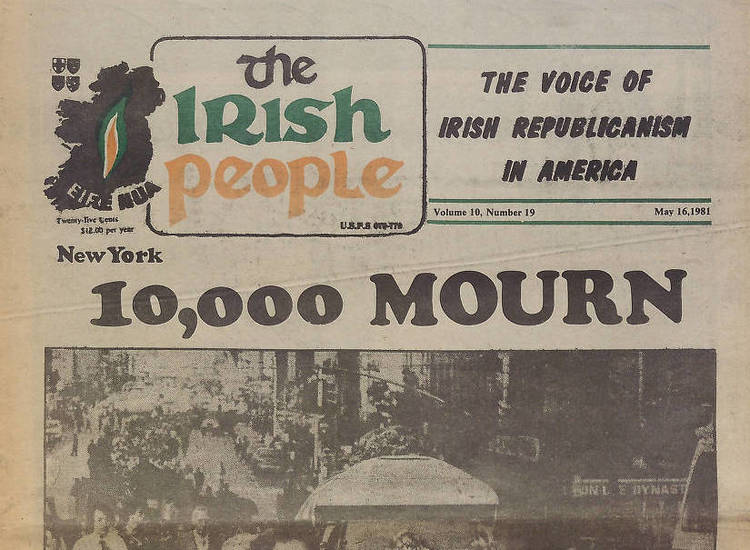The world has always been a dangerous place for journalists. For the most part this has been due to the fact that journalists often find themselves in conflict zones and at times find themselves running close to the same risks as actual combatants.
Americans became acutely aware of this during the Vietnam War with images on TV screens recorded in combat situations and images of reporters huddled close to the ground armed only with microphones.
That’s the TV version. Of course, many reporters recording conflict do so in written form.
In a sense that gives them a little more cover. Cameras tend to be a target.
Lyra McKee wasn’t talking to a camera. She was observing a riot with her eyes. It was the last thing she would see.
An idiot with a gun took away her life.
The death of journalists is, in Ireland, a thankfully rare event.
The same can’t be said of a growing number of countries around the world where journalists are seen as being enemies of corrupt and entrenched power, of criminal enterprise.
In some of those countries crime and politics amount to much the same thing.
In Ireland, and before Lyra McKee, there was investigative journalist Martin O’Hagan who exposed drug-dealing by loyalist gangs in his native North Armagh. In 2001 O’Hagan was gunned down on the street near his home as he was walking with his wife. He saved her life by pushing her into a hedge. He was shot twice in the back.
O’Hagan, a father of three, was targeted for assassination because of his work. His death came five years after the assassination in Dublin of Veronica Guerin, who also paid with her life because of her work.
There was outrage in Ireland of course. Just as there was outrage when Wall Street Journal reporter Daniel Pearl was executed by religious fanatics, and outrage when Maltese investigative reporter Daphne Caruana Galizia was murdered in a car bombing in 2017.
Much of the time the names of murdered journalists hardly register. Many have died in, for example, Mexico, Central and South America down the years, but actual names don’t jump out before North American or European eyes.
Some with long memories might remember the shocking incident in Chile when a cameraman filmed his own death, his lens fixed on the soldier who was taking aim at him. Some might recall the death in 1978 of Bulgarian journalist Georgi Markov, murdered with a poison dart injected by a murderously modified umbrella tip.
Markov, a Bulgarian broadcaster working out of London, was a bother to the Bulgarians and their Soviet masters in Moscow.
And as for Moscow? Not the safest of places if you ask too many probing questions, be you a journalist, lawyer, conscientious politician, or just plain active citizen with a social conscience.
The media, in a global context, is a big and powerful thing.
But often it is represented by a lone person, or a small team of journalists.
Lyra McKee wasn’t big and powerful. Her work was. But in her last moments she was a lone and vulnerable young woman doing her job in a dangerous situation and in a suddenly dangerous place.
Derry should not be dangerous. But some would have it so.
The world need not be dangerous, but far too many would have it so.
Some parts of the world are more dangerous than others for journalists going about their work.
The United States is generally viewed as being one of the safer countries.
But it’s fair to say that it’s not as safe as it might be, or should be.
The fatal gun attack last year on The Capital, a newspaper serving the Annapolis area in Maryland, resulted in five deaths.
Luckily, the threats made by a California man against Boston Globe employees never went beyond that. The Globe, in this man’s view, was the “enemy of the people.”
Now where did that idea come from?
It was notable – of perhaps at this stage not worth noting – that the death of Lyra McKee did not result in any response from the White House or U.S. State Department.
State’s blushes were spared to a degree by the U.S. Consulate in Belfast.
The consulate, it has to be assumed, did not view Lyra as an enemy of the people.
That counts for progress in a time of all too much danger, ignorance, and murder.









